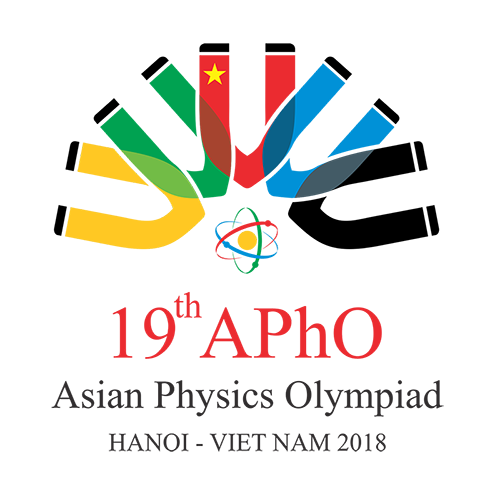The Origin and History of Vietnamese People
Song: Hon Thieng Song Nui by Luu Viet Hung
______________________________
The Lotus
Mud fails to touch and soil its perfect hue.
A person lives up to its proud name.
Wind wafts its scent on quiet moonlit nights.
Its wealth is purity, unmatched by all
by Nguyen Trai (1380-1442)
______________________________
The history of Vietnam begins around 2,700 years ago. Successive dynasties based in China ruled Vietnam directly for most of the period from 111 BC until 938 when Vietnam regained its independence. Vietnam remained a tributary state to its larger neighbor China for much of its history but repelled invasions by the Chinese as well as three invasions by the Mongols between 1255 and 1285. King Trần Nhân Tông later diplomatically submitted Vietnam to a tributary of the Yuan to avoid further conflicts. The independent period temporarily ended in the middle to late 19th century, when the country was colonized by France (see French Indochina). During World War II, Imperial Japan expelled the French to occupy Vietnam, though they retained French administrators during their occupation. After the war, France attempted to re-establish its colonial rule but ultimately failed. The Geneva Accords partitioned the country in two with a promise of democratic election to reunite the country.
However, rather than peaceful reunification, partition led to the Vietnam War, a civil war and a major part of the Cold War. During this time, the People’s Republic of China and the Soviet Union supported the North while the United States supported the South. After millions of Vietnamese deaths and the American withdrawal from Vietnam in March 1973, the war ended with the fall of Saigon to the North in April 1975. The reunified Vietnam suffered further internal repression and was isolated internationally due to the continuing Cold War and the Vietnamese invasion of Cambodia. In 1986, the Communist Party of Vietnam changed its economic policy and began reforms of the private sector similar to those in China. Since the mid-1980s, Vietnam has enjoyed substantial economic growth and some reduction in political repression, though reports of corruption have also risen.

